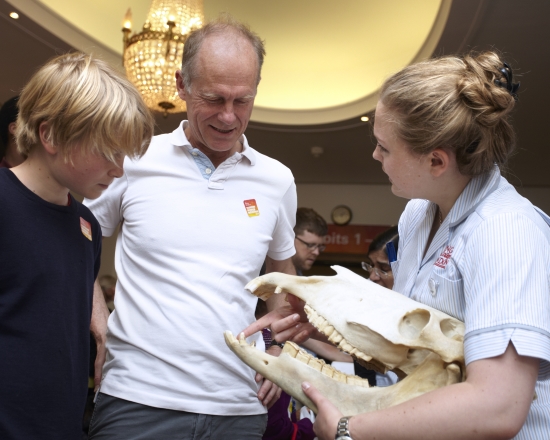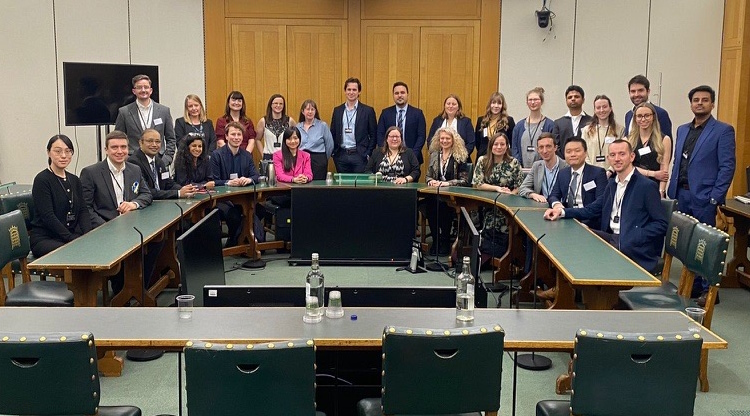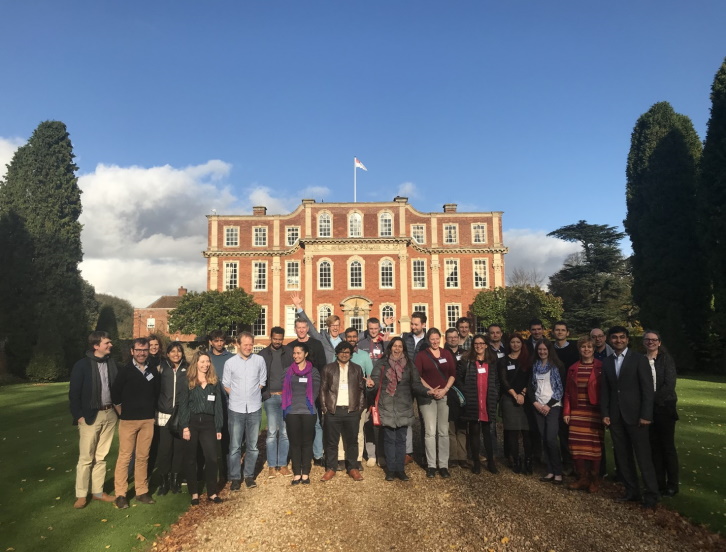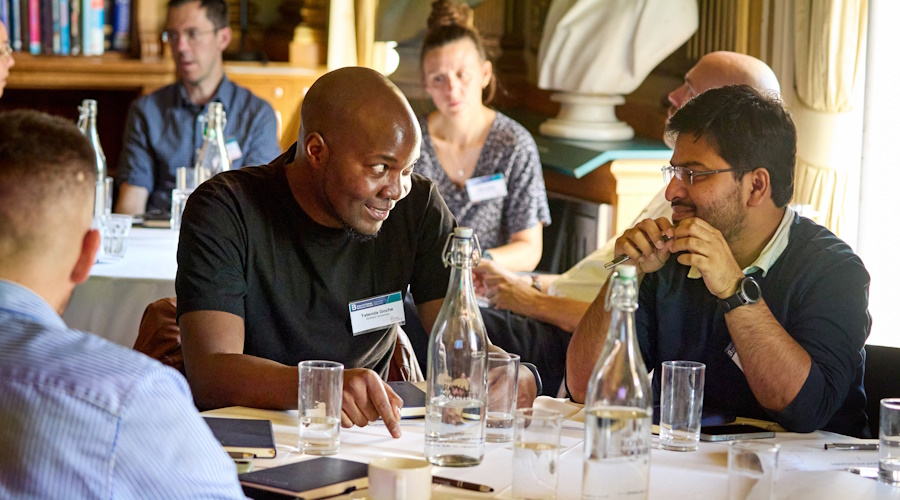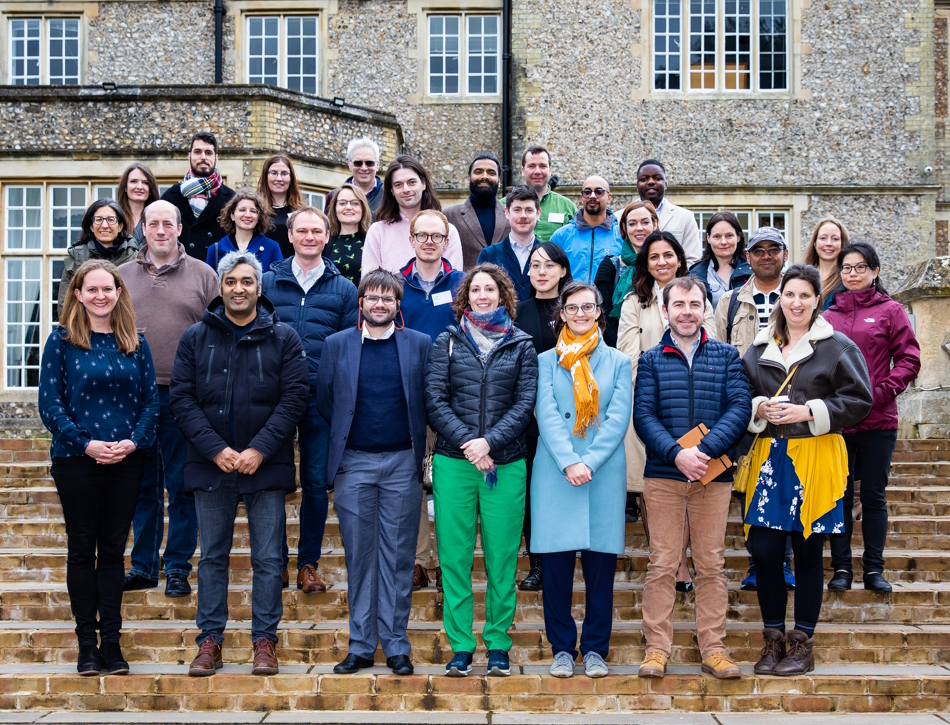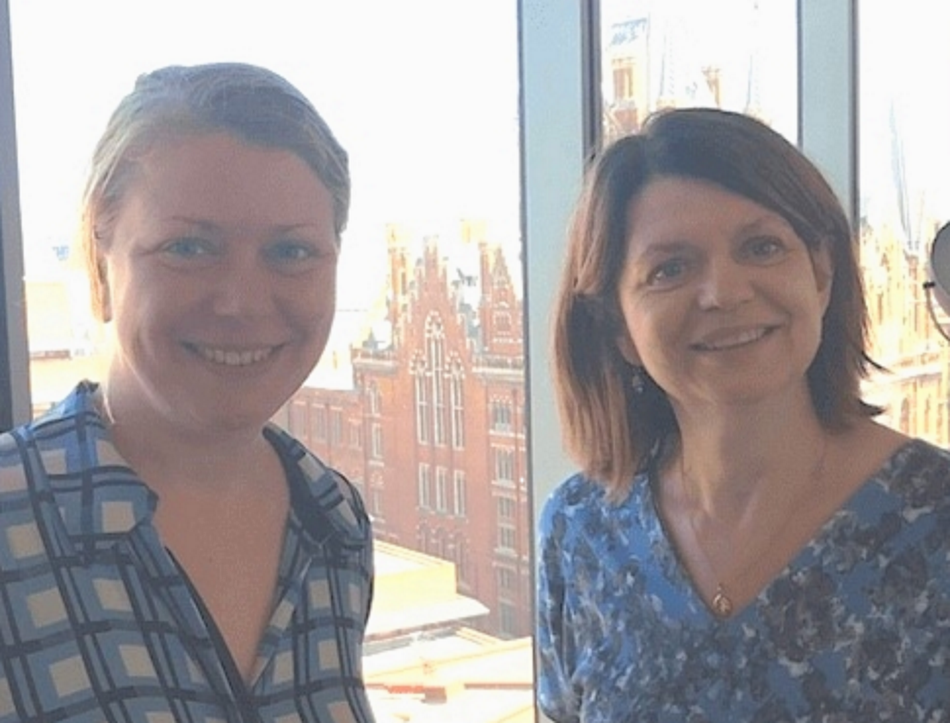Career Development and Engagement Opportunities
The Society is committed to supporting outstanding researchers and engages with academia, industry, government, parliament and others to advocate for the conduct of excellent science.
To help achieve this we offer a variety of tailored career development and engagement opportunities for researchers across disciplines and career stages as well as the wider research community. These include training, mentoring and networking events to develop skills and confidence in areas such as leadership, communication, public engagement, policy, schools’ outreach and entrepreneurship.
The Society also facilitates important relationships between scientists and government, schools, industry and wider networks through its partnership schemes and secondments.









